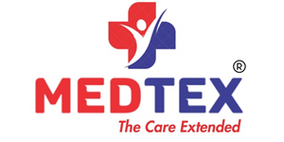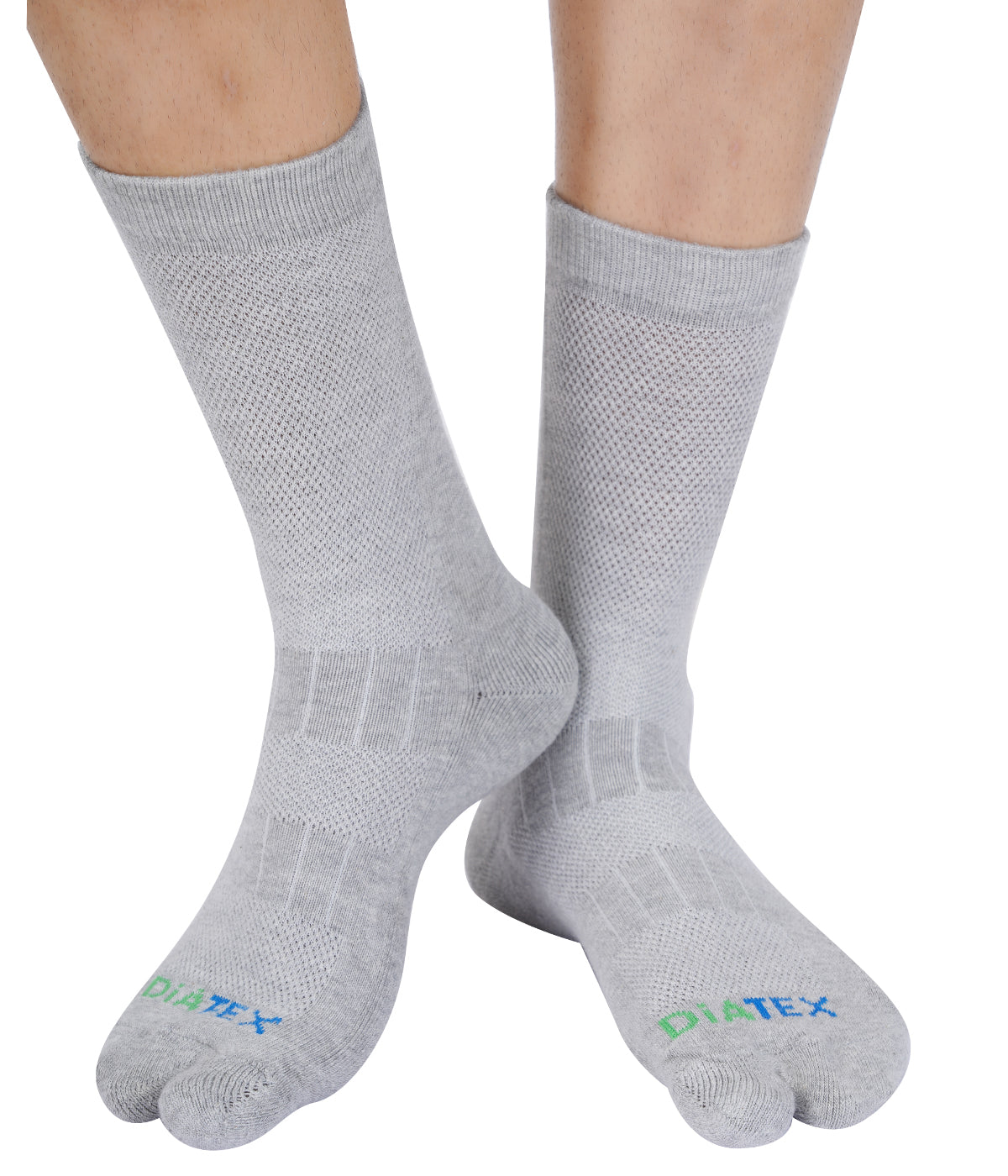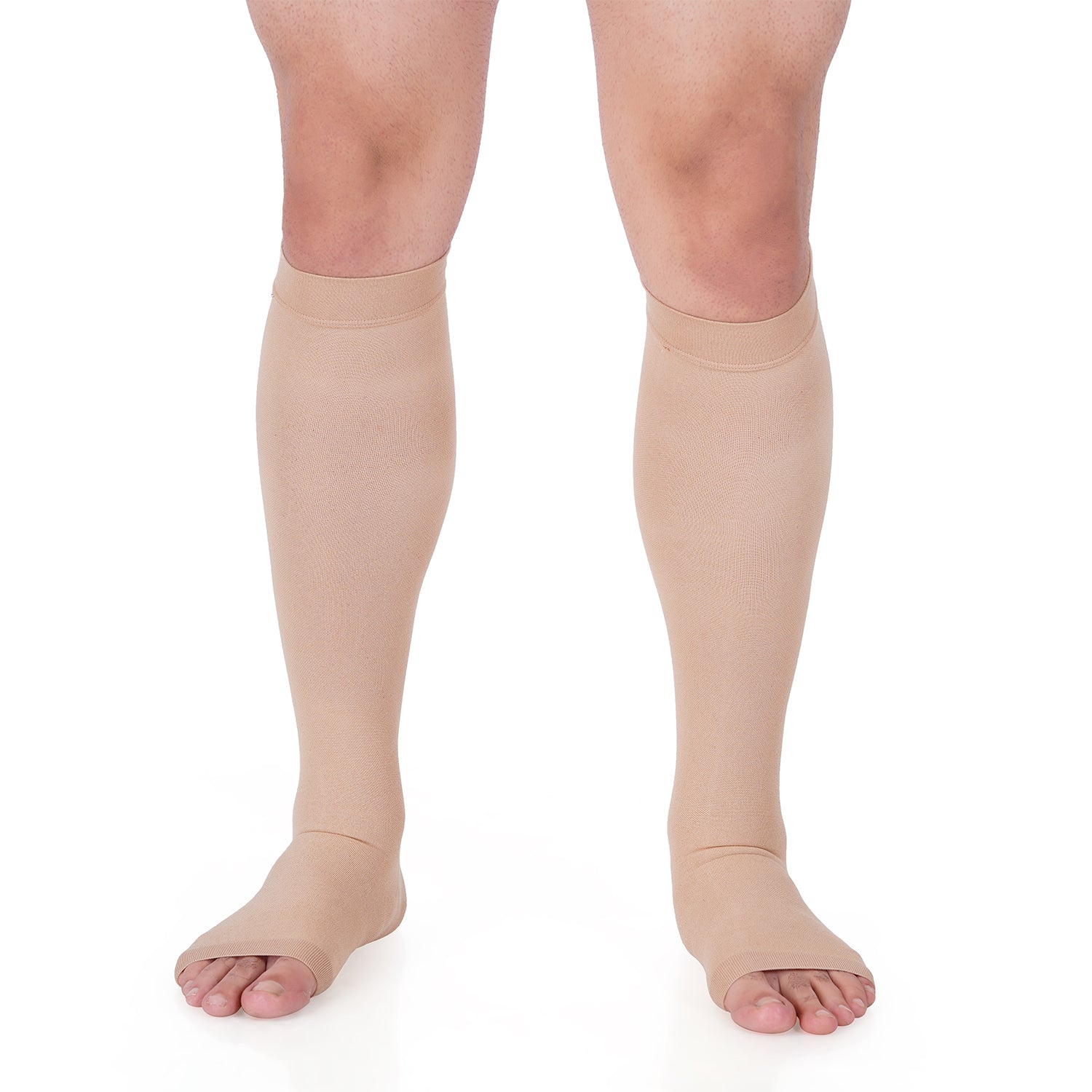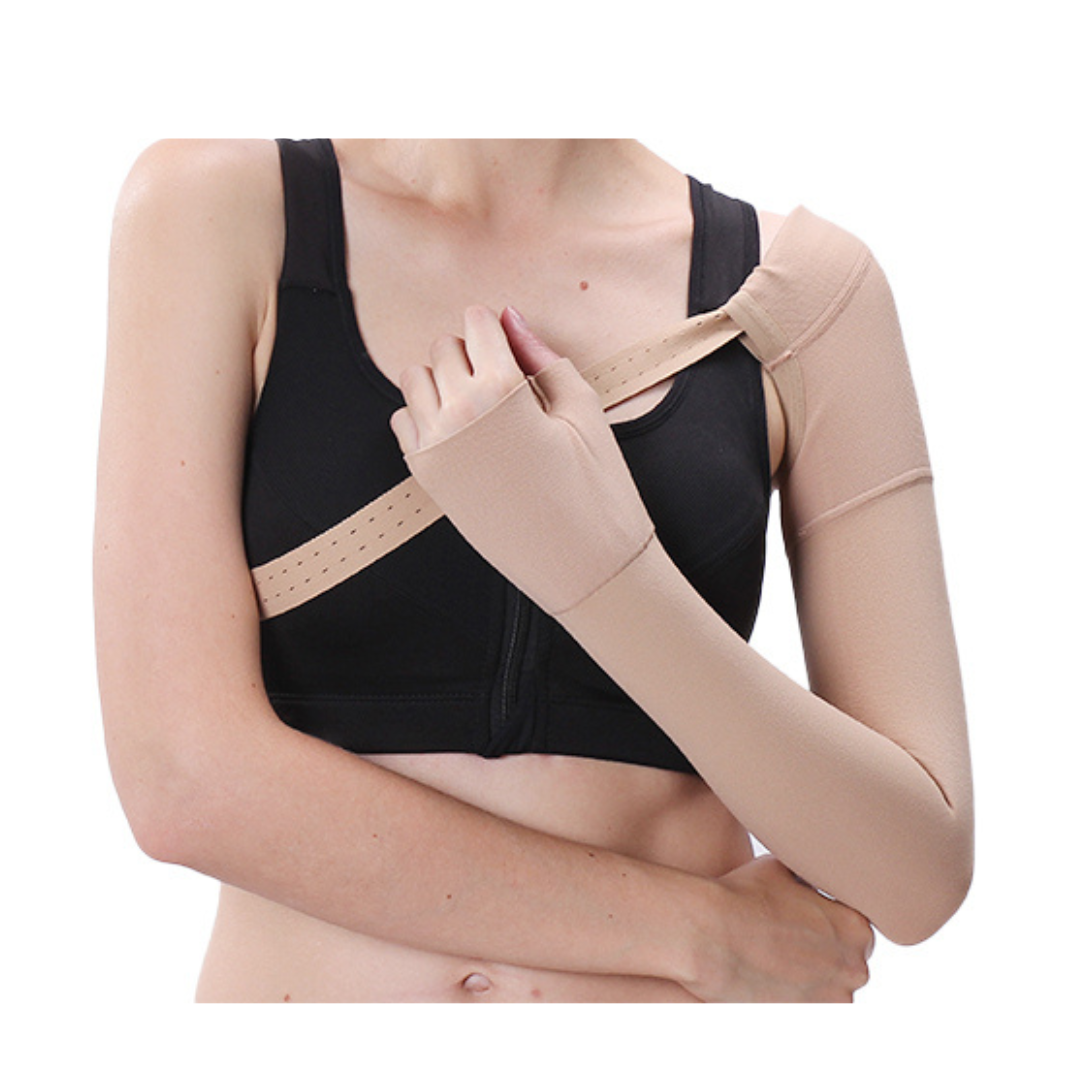Varicose veins are a common vascular condition that affects many individuals, especially as they age. These enlarged and twisted veins, most commonly found in the legs and feet, can be uncomfortable and unsightly. Apart from aesthetic concerns, varicose veins can lead to more severe issues, such as pain, swelling, and even ulcers. Proper blood pressure management plays a significant role in managing varicose veins and preventing complications.
Understanding Varicose Veins
Varicose veins occur when the valves in the veins become weak or damaged, leading to the backward flow of blood and pooling in the veins. The increased pressure in these veins causes them to become enlarged and twisted. The condition can be exacerbated by factors such as age, genetics, pregnancy, and prolonged periods of standing.
The Importance of Blood Pressure Management
Maintaining healthy blood pressure levels is essential for overall vascular health, and it can also have a direct impact on varicose veins. High blood pressure can put additional strain on weakened vein walls, making the condition worse. Individuals with varicose veins should pay attention to their blood pressure levels and take steps to control hypertension.
Lifestyle Changes for Blood Pressure Control
One of the most effective ways to manage blood pressure is through lifestyle modifications. A healthy diet rich in fruits, vegetables, whole grains, and lean proteins can contribute to lower blood pressure. Additionally, regular exercise, such as walking, swimming, or cycling, can help improve circulation and reduce hypertension.
Maintaining a healthy weight is also crucial, as excess weight can strain the cardiovascular system. Stress reduction techniques, such as meditation or yoga, can further support blood pressure management.
Tips for Managing Varicose Veins
Aside from controlling blood pressure, there are specific measures individuals with varicose veins can take to alleviate discomfort and reduce the risk of complications. Wearing compression stockings can help improve blood flow in the legs and reduce swelling. Elevating the legs whenever possible can also aid in reducing pressure in the veins.
Regular physical activity is beneficial for both blood pressure and varicose veins. Engaging in activities that promote leg movement, such as walking or cycling, can enhance circulation.
Medication and Medical Interventions
In some cases, lifestyle changes alone may not be sufficient to manage blood pressure or treat varicose veins. In such situations, doctors may prescribe antihypertensive medications to control hypertension. For severe varicose veins, surgical procedures like vein stripping or laser therapy may be recommended to remove or close the affected veins.
Combining Blood Pressure Management and Varicose Veins Treatment
Combining blood pressure management strategies with targeted treatment for varicose veins can yield better outcomes. This integrated approach addresses both hypertension and the underlying cause of varicose veins, providing comprehensive care.
Conclusion
Proper blood pressure management is essential for individuals with varicose veins. By adopting a healthy lifestyle, managing stress, and seeking appropriate medical interventions, individuals can alleviate symptoms, prevent complications, and improve their overall vascular health.
FAQs
-
Can high blood pressure cause varicose veins?
-
High blood pressure itself does not cause varicose veins, but it can worsen the condition and lead to complications.
-
Are all varicose veins painful? No, not all varicose veins cause pain. Some may only be aesthetically bothersome, while others can be painful or uncomfortable.
-
Can I prevent varicose veins with lifestyle changes? While lifestyle changes can reduce the risk of developing varicose veins, they may not prevent them entirely, especially if there is a genetic predisposition.
-
Are there any non-surgical treatments for varicose veins? Yes, non-surgical treatments like sclerotherapy and endovenous ablation are available and can effectively treat varicose veins.
-
Is blood pressure management important even if I don't have varicose veins? Yes, blood pressure management is crucial for overall cardiovascular health and can help prevent various vascular issues, not just varicose veins.












